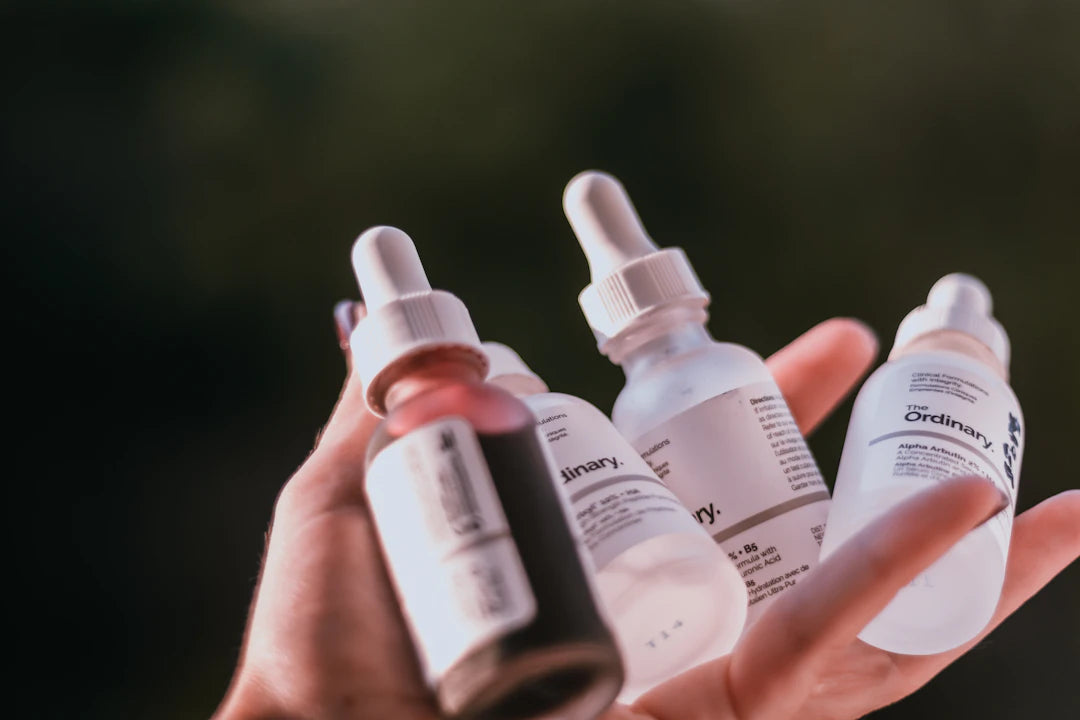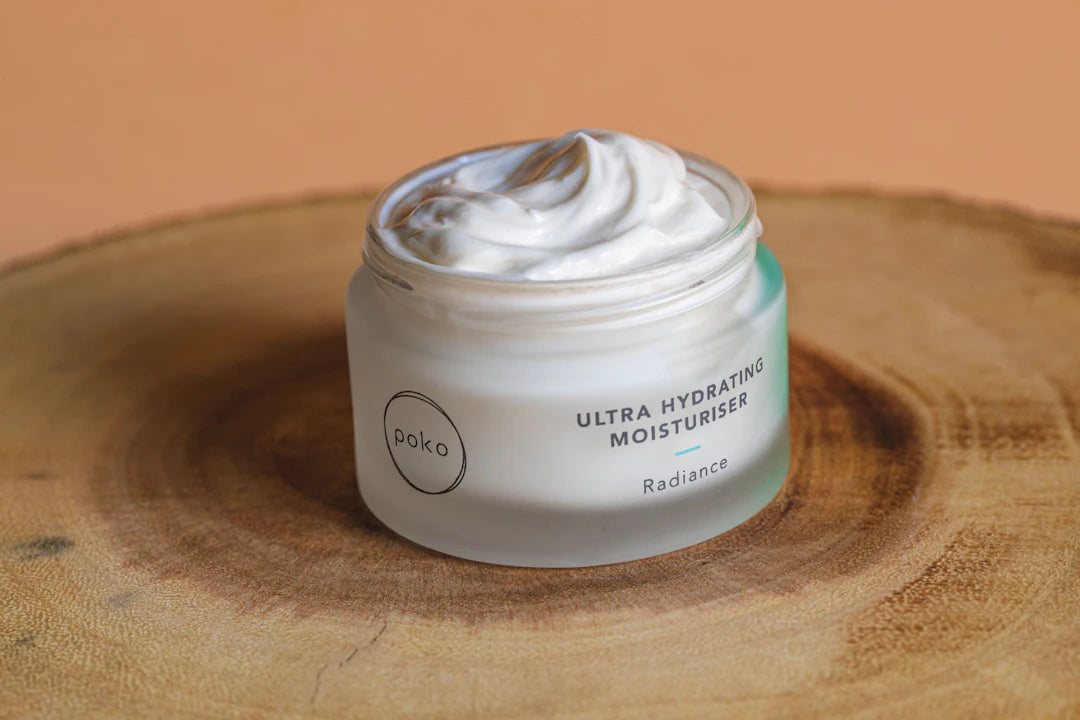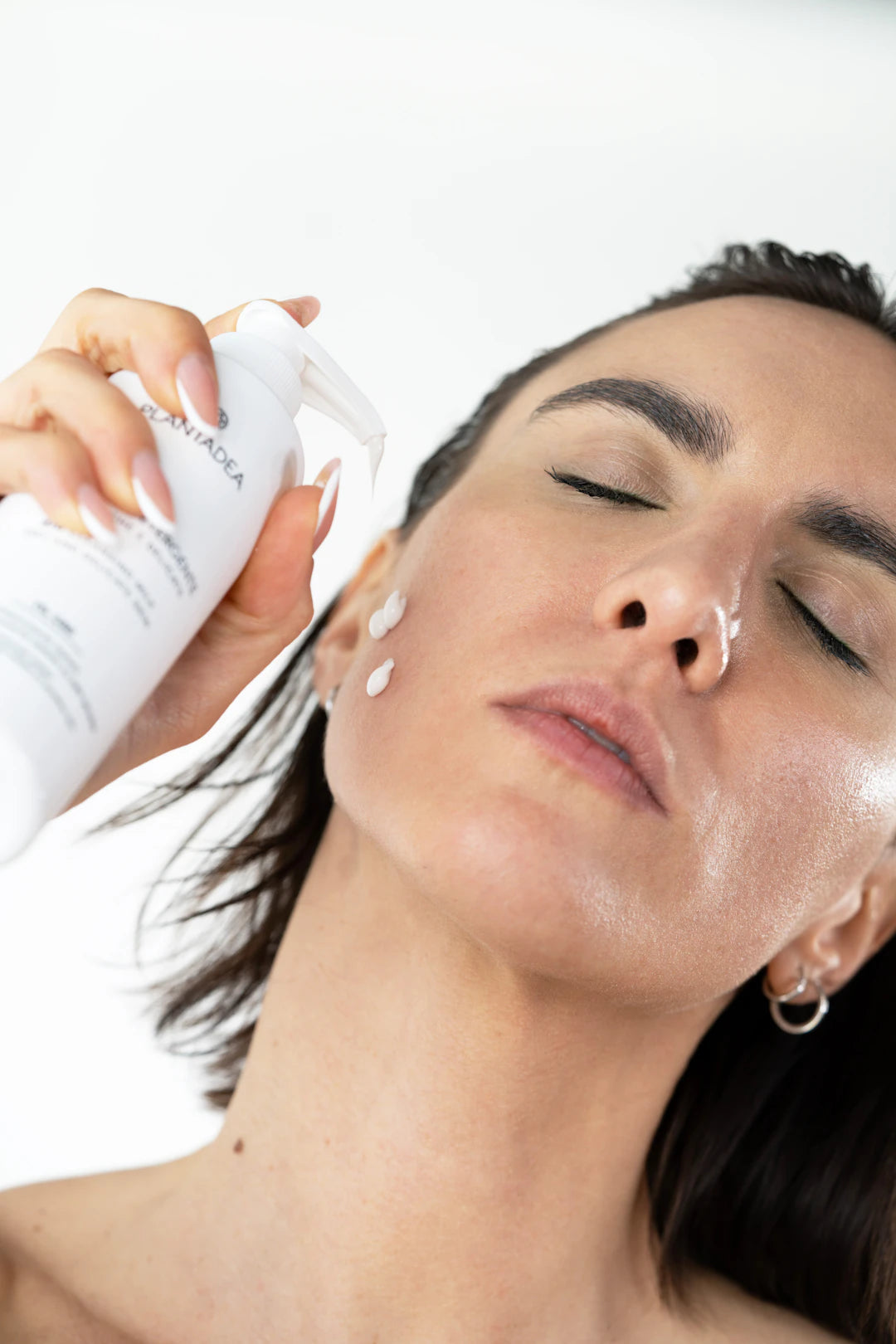Unlock the Power of Serums for Glowing Skin

Overview
Serums are lightweight skincare products with high concentrations of active ingredients that penetrate deeply to address specific skin concerns like fine lines, dullness, and dehydration. Types include hydrating, brightening, anti-aging, and clarifying serums, each with unique benefits. To use serums effectively, apply them after cleansing and before moisturizing. Common myths about serums include that they’re only for older skin or that they replace moisturizers, which is not true; both serve important roles in skincare. Understanding key ingredients like Vitamin C, retinol, and niacinamide can enhance their effectiveness. Embrace serums for healthier, radiant skin.
Frequently Asked Questions
1. What are serums in skincare?
2. How do serums benefit the skin?
3. What types of serums are available?
4. How should I incorporate serums into my skincare routine?
5. Are serums only for older skin?
When it comes to skincare, serums have taken center stage in the quest for radiant, youthful skin. From antiaging benefits to collagen restoration, understanding serums can transform your skincare routine into an effective regimen. Let’s dive deep into what serums are, how they work, and the various types available for your skin’s unique needs.
What Are Serums?
Serums are lightweight skincare products that contain a high concentration of active ingredients. Unlike creams or lotions, which typically have thicker consistencies, serums have a more fluid texture that allows them to penetrate deeper into the skin. This makes serums particularly effective at delivering nutrients, hydration, and treatment to address specific concerns.
The Science Behind Serums
To truly appreciate serums, it’s essential to understand how they work. Most serums are made up of smaller molecules compared to creams, enabling them to quickly absorb and target the deeper layers of your skin. Here’s a quick overview of how serums can be an excellent addition to your skincare arsenal:
1. Targeted Treatment
Serums can address a variety of skin issues such as:
- Fine lines and wrinkles
- Dullness
- Hyperpigmentation
- Dehydration
Depending on their formulation, serums can provide targeted treatment for a multitude of concerns, making them one of the most versatile skincare products available.
2. High Concentration of Active Ingredients
Serums often contain a higher concentration of potent ingredients compared to creams. This allows them to be more effective and deliver visible results faster. Ingredients such as:
- Vitamin C for brightening
- Hyaluronic acid for hydration
- Pepptides for collagen restoration
are commonly found in serums and contribute to their effectiveness in fighting signs of aging and promoting a healthier complexion.
Types of Serums and Their Benefits
There is a wide range of serums available, each formulated to address specific skin concerns. Understanding the various types can help you choose the right one for your unique needs.
1. Hydrating Serums
Hydrating serums are packed with ingredients like hyaluronic acid that draw moisture to the skin. They play a crucial role in maintaining skin hydration, which is vital for overall skin health. Using a hydrating serum regularly can improve your skin's elasticity and prevent dryness, making it appear plump and youthful.
2. Brightening Serums
Brightening serums often contain vitamin C or niacinamide, both known for their ability to even out skin tone, reduce dark spots, and enhance radiance. These serums help combat dullness and give your complexion a glowing boost.
3. Antiaging Serums
As we age, our skin loses collagen, leading to fine lines and wrinkles. Antiaging serums are formulated to halt this process, often containing retinol or peptides to promote collagen restoration. Regular use can help restore the skin’s youthful appearance and reduce the visible signs of aging.
4. Clarifying Serums
Clarifying serums are designed for those who struggle with acne or oily skin. Typically containing ingredients like salicylic acid or benzoyl peroxide, they work to unclog pores, reduce excess oil production, and promote clearer skin.
How to Incorporate Serums into Your Skincare Routine
To maximize the benefits of your serum, it’s crucial to integrate it correctly into your skincare routine. Here’s a step-by-step guide to using serums effectively:
1. Cleanse Your Skin
Always start with a clean face. Use a gentle cleanser to remove dirt, makeup, and excess oil. This preps your skin to absorb the serum adequately.
2. Apply Toner (Optional)
If you use a toner, apply it after cleansing. Toners can help balance your skin’s pH levels and remove any leftover impurities.
3. Apply Your Serum
Use a small amount of serum and gently press it onto your skin. Avoid rubbing; instead, let it absorb naturally. This is the optimal time to layer your skincare products for maximum efficacy.
4. Seal With Moisturizer
Follow up your serum with a good moisturizer to lock in all the active ingredients. This creates a protective barrier that maintains hydration and ensures your skin benefits fully from the serum.
Creating the Perfect Serum Routine
Finding the right serum and routine can require some experimentation. Here are some tips to create the perfect serum regimen for your skin type:
- Consider Your Skin Type: Different skin types may react differently to specific ingredients. Understanding if you have dry, oily, or combination skin will guide your selection.
- Use Serums in Layers: It’s okay to layer serums! Just ensure that they target different issues to avoid overwhelming your skin.
- Be Consistent: Like any skincare product, consistency is key. Utilize your serums daily for the best results.
Common Myths About Serums
With their growing popularity, several misconceptions about serums have emerged. Let's debunk some of these myths to help you make informed decisions:
Myth 1: Serums Are Only for Older Skin
While many people use serums to target signs of aging, they can benefit all ages. Starting early with serums, especially those focusing on hydration and prevention, can lead to healthier skin over time.
Myth 2: You Need to Use a Lot
Less is more when it comes to serums! Just a few drops are enough to cover your face and neck. Using too much can lead to wasting product and may create a greasy feel on your skin.
Myth 3: Serums Replace Moisturizers
Serums and moisturizers serve different functions. While serums penetrate deeper for targeting specific issues, moisturizers help lock in hydration, making both essential for a comprehensive skincare routine.
Understanding Ingredients
The effectiveness of a serum largely depends on its ingredients. Here are some of the most popular components found in serums, along with their amazing benefits:
1. Vitamin C
Vitamin C is renowned for its brightening properties and ability to fight oxidative stress. Regular use can improve skin texture and enhance overall radiance.
2. Retinol
Retinol, a derivative of vitamin A, is a powerful ingredient that promotes cell turnover and stimulates collagen production, making it a staple in any antiaging regimen.
3. Niacinamide
Also known as vitamin B3, niacinamide is brilliant for reducing the appearance of pores, improving uneven skin tone, and fortifying the skin barrier.
Final Thoughts: Embrace the Serum Revolution
Incorporating serums into your skincare routine can revolutionize your approach to achieving healthy, beautiful skin. With their targeted treatments, potent ingredients, and ability to address specific concerns, serums are a must-have in every beauty arsenal. From collagen restoration to enhancing your skin’s hydration, serums cater to a myriad of needs. Embrace the serum revolution, and discover the transformative power of these little skincare wonders!
Linked Product

Micro Serum
The Micro Serum is designed to target the visible signs of aging by utilizing a high concentration of proprietary peptides. It supports the restoration of collagen and elastin, which may help improve skin firmness and texture. This serum can be integrated into various skincare routines for those looking to enhance their skin's overall appearance.
View Product

